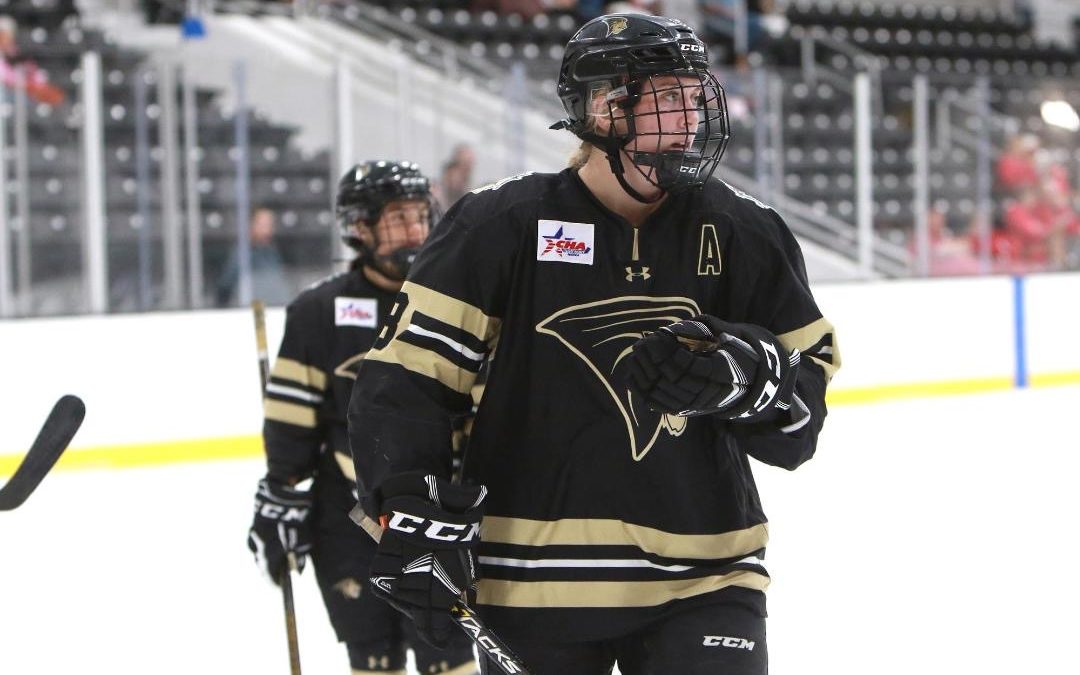As many junior, college, and youth hockey seasons come to an end, it’s time to step back and take a look at the year, recover from the harsh demands both physically and mentally, and set goals for the coming off-season. Hopefully, you are playing in the USA Hockey National Championships, NCAA Frozen Four, or Junior Playoffs, but if you aren’t, sit back and enjoy watching the games. See what those players are doing and what you need to improve on to get there next season.
As you look back at your season, look at both the positives and the negatives. Break these things down into a team aspect and a personal aspect. Although you may not be returning to the same team next season, look at how you made an impact on your teammates. Think about what you did to make the team better. This could be anything from working hard on the penalty kill that led to a high PK percentage rate or scoring goals not only in numbers but important goals that changed the game. Look at your leadership off the ice. Did you focus on meetings, and work on the little things to make yourself and your team better?
Hockey seasons can involve anywhere from 25 to 80 games. The physical demands of playing tournaments, showcases, travel, practices, and lessons can not only take a toll on your body physically but also emotionally. Take some time off the ice and out of the gym to let your body recover and be a kid or young adult again and focus on a few other things that make you happy. This is a great time to address nagging injuries as well, so when it’s time to get back at it, your body feels good again. It’s also a time to work on some of the small things that aren’t too demanding, but may not have been addressed as well during the season. This may include flexibility, mobility, and strengthening of small stability muscles to aid in injury prevention.
Hopefully, you had an exit interview with your coach at the end of the season to get his/her opinion on what you need to improve to get to the next level. If not, you can always contact them to get some ideas on what you will need to do to prepare for the next season. Compare yourself to others at times and ask yourself “What am I better at than others? What are others better than me at?”. Look at where you want to play next season and see what you need to improve on. This could be things like skating faster, shooting more accurately, or being stronger on the puck. Take views from different angles to help you decide what you will need to do to be successful at the next level.
There is no perfect off-season plan as the summer seems to change at almost every level. The length of the season can change if you run deep into the playoffs, some seasons begin earlier than others and some summers are filled with showcases and camps that are necessary. With this in mind, each individual’s plan may be different and even your own plan may differ from year to year. The goal is to maximize the off-season so you are best prepared when training camp opens.
Chris Phillips is an Athletic Trainer and Strength and Conditioning Specialist with over 30 years of experience in professional sports including 8 years in the NHL with the Ducks and Capitals. Chris is the owner of Compete Sports Performance and Rehab in Orange County, CA. He can be reached through www.competeperformance.com

